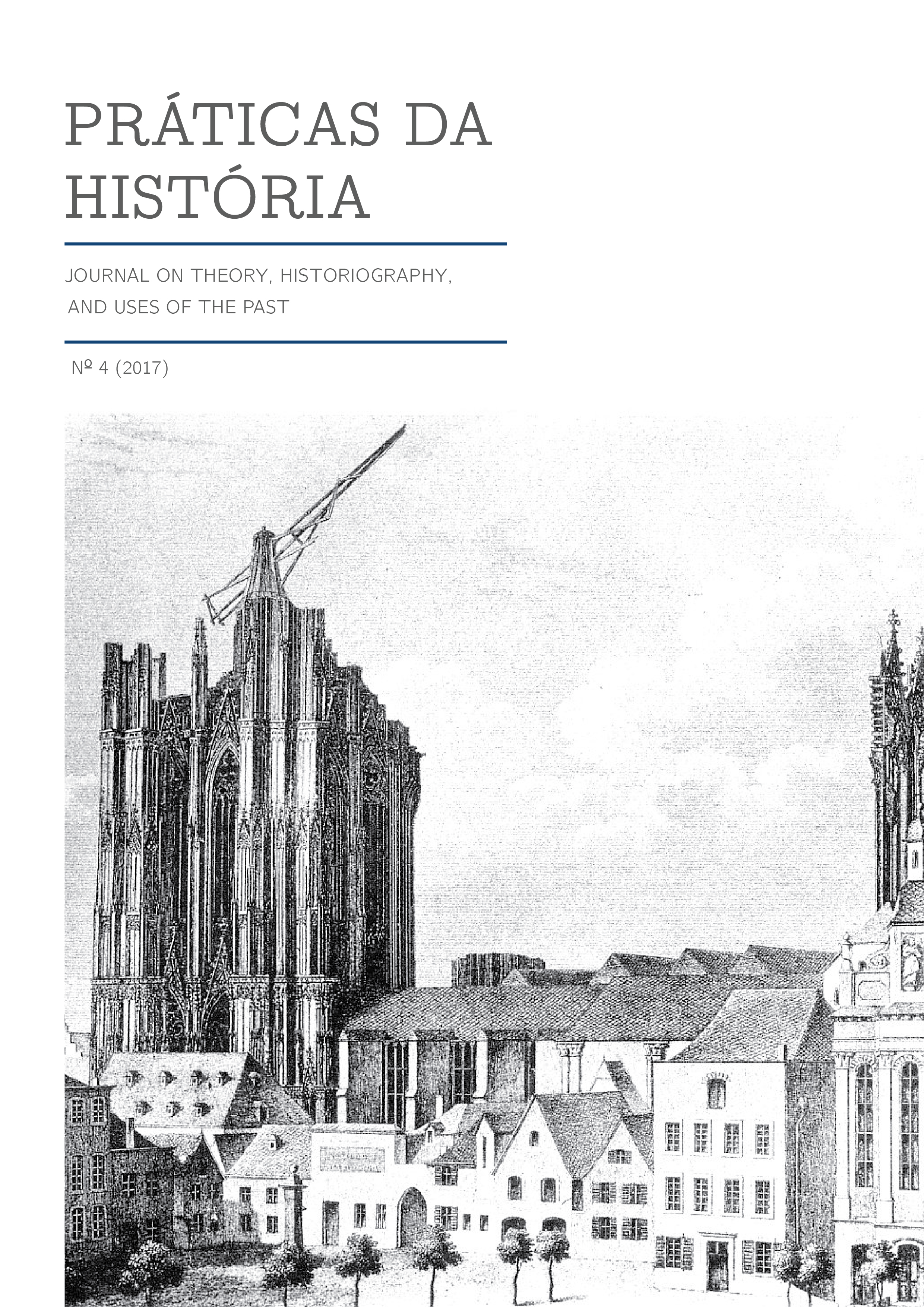Roots, Replica, Replay: European Medievalisms after 1945
DOI:
https://doi.org/10.48487/pdh.2017.n4.22984Keywords:
Middle Ages, national histories, medievalism, Europe, 19th century, 20th centuryAbstract
Since the end of the 18th century, the Middle Ages were, in the learned culture of European elites, much more than simply a historical period. Rather, they came to serve as the focal point for a complex set of desires. From the early 19th to the mid-20th-century, the Middle Ages were understood as the lost realm of collective identity, “truth”, “authenticity” and “moral unity”. All over Europe, the timespan from the 10th to the early 16th century provided texts, images and artefacts for national foundation narratives and idealized and heavily moralized political fables. How can be describe and analyse these phenomena, and what followed their decline after 1945?



